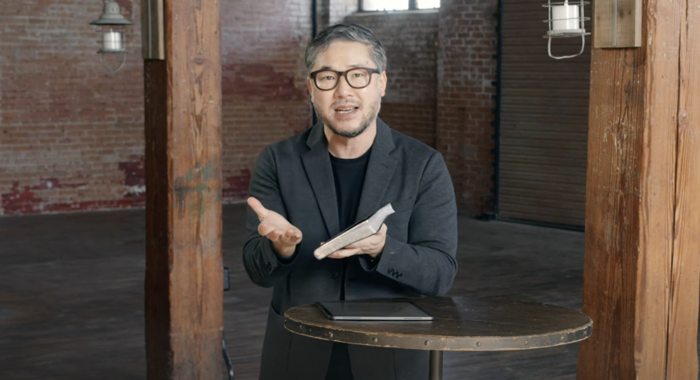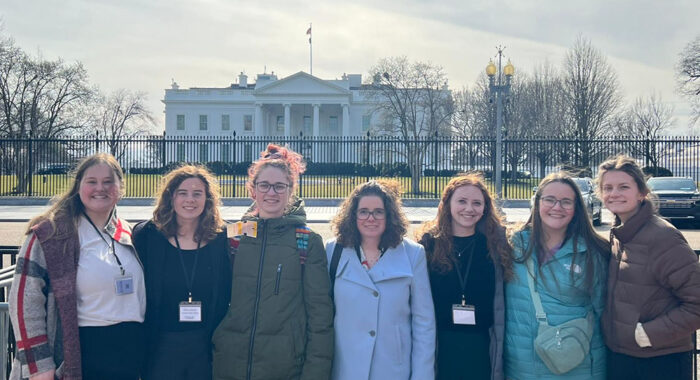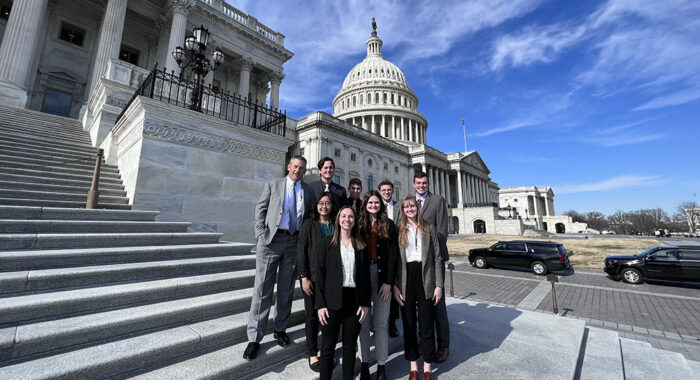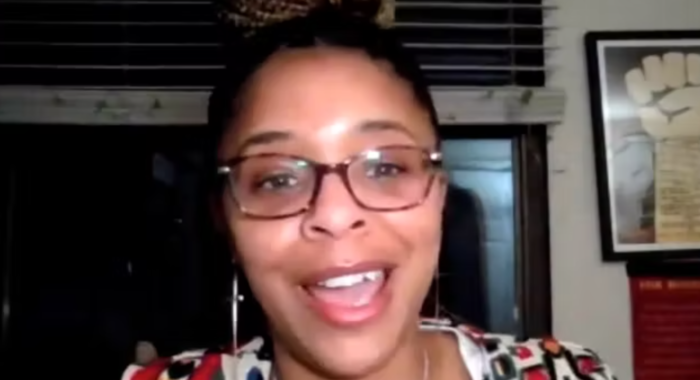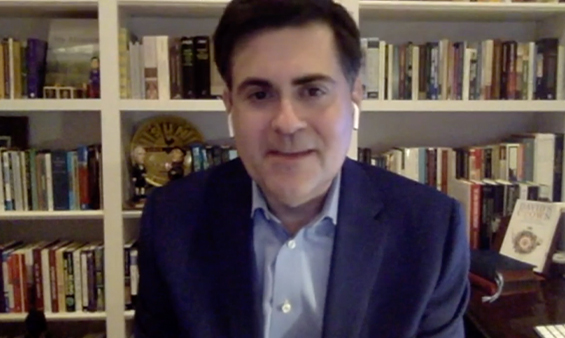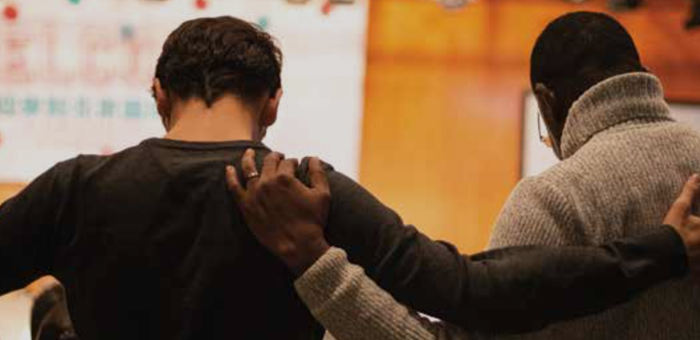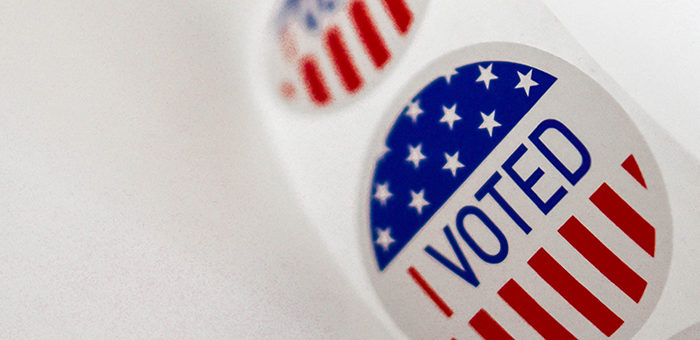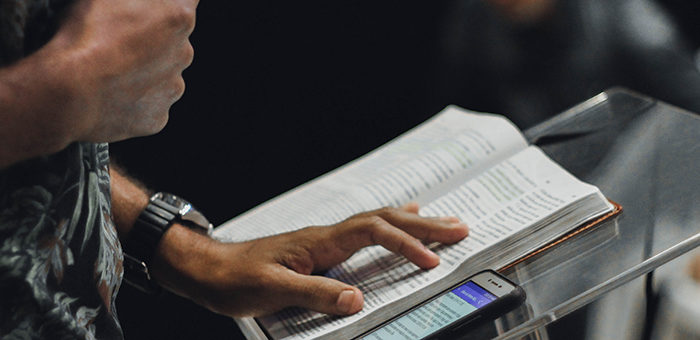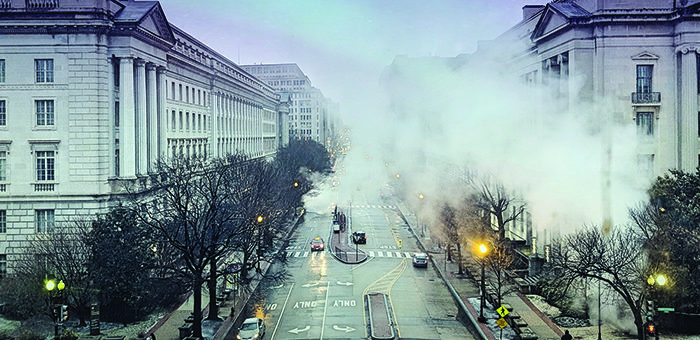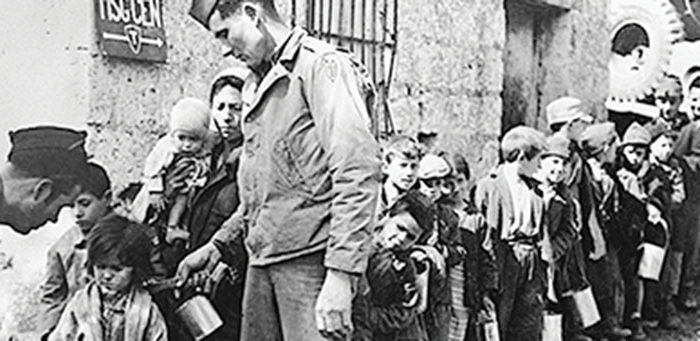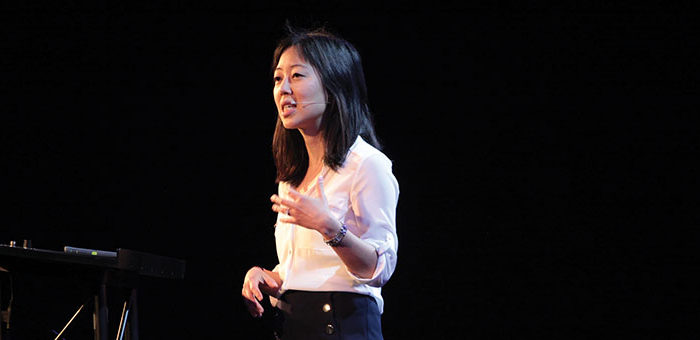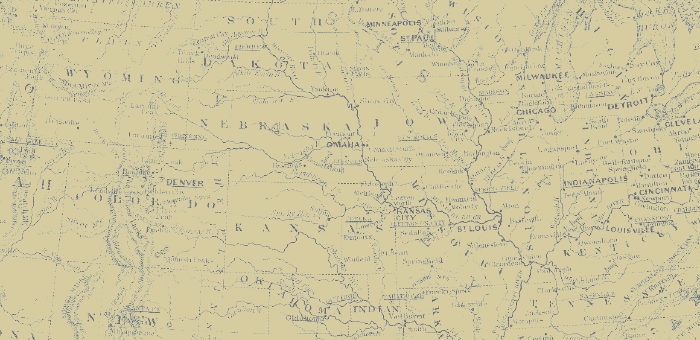Read a Portion of the Transcript
Leith: So it’s probably an understatement, Nathan, to say that you are very busy these days as you engage in the next election.
Nathan: Yeah, it seems like there used to be an off year, but there’s no such thing as an off year anymore, so it keeps us — it keeps me — on my toes.
Leith: It keeps us on our toes with the continued political news. Well, evangelicals are good news people, so we want to bless others. There are lots of ways of doing this, including through politics and voting. But sometimes, with all the media going on it’s hard to know what’s actually going on. And it might be — I don’t know — the sociologist in me, but I’m always fascinated by how elections work and how do analysts predict election outcomes. So, you’re the expert on this, thanks for the opportunity to look inside of elections and politics. And I wanted to start out by asking, how did you get into this most unusual occupation that is yours?
Nathan: Well, I know that God has a plan, but I really kind of stumbled into it. I’d always been interested in writing. When I was a kid, my friend, we’d sell lemonade at the lemonade stand, and I would sell my star wars stories that I had written. And so I’d always been interested in writing, but my senior year when I was an undergrad at Vanguard University in California, I came to Washington D.C. through something called the American Studies Program and I really caught the political bug. I spent half my time that semester in classes and actually meeting, getting to know Heather, which was a very important part of my life, but also I interned in the White House Press office. Now this was a few presidents ago, but I think just being there and seeing the reporters, the White House Press Corps really struck a chord with me, and so I figured out that politics is what I want to write about. And it started giving me a focus. My first job out of college was at CNN. It was fantastic. I was working for the political section of the website. But then there was a merger between AOL and Time Warner, and things got messy. I got moved over to the television side, and I figured out that I wanted to get back to writing longer pieces. So my first boss at CNN used to work for a gentleman named Stuart Rothenberg. She knew that he was looking for someone new. She knew that I was looking for a new position. She said “the two of you should talk” and really the rest is history. That was over 14 – almost 15 – years ago. And I’m so grateful to find something that I enjoy, get paid to do something that I love to do, but also have the flexibility to carve out time for family as well. But the bottom line is I really didn’t grow up as a political junky. I didn’t come from a particularly political family, but I kind of found my calling through a couple different doors.
Leith: You sound a little bit like a candidate when you start out with the lemonade stand and then you come to where you are now. But anyway, tell us exactly — What do you do? How do you analyze people? How do you figure this out?
Nathan: Well I think, even though I’ve been doing this for a little while, I think some of my friends and family are asking that very same question. They’re still trying to figure it out. But what we do is we look at —we try to identify — the most competitive House and Senate races, also races for governor and some presidential. But really what are the most competitive House and Senate races? Look at the candidates. Who’s running? Look at the political climate, the partisanship of these districts and states, and try to figure out who’s going to win and which party is going to be in the majority. And ultimately, how is that going to impact policy? How is that going to impact the president’s ability to get a legislative agenda through? So it’s handicapping. We are trying to give our readers a look behind the scenes, and look ahead into these campaigns and try to figure out what’s going on, because a lot of our readers are making investments in these races, and they want to know what are the most important places that can have an impact on Washington and in the future Congresses.
Leith: Alright, my impression — and you can correct this — is that you interview a lot of candidates, many of them very early in their political aspirations. As a result of that, you have met and privately interviewed practically every politician either in Washington or wanting to go to Washington. Am I getting it right?
Nathan: That’s one of my favorite parts of the job, is we interview candidates. We interview usually between about 150 to 200 every election cycle, so if you add that all up together, I’d probably top a thousand or so. It’s fascinating to meet people from all over the country with very different ideologies and worldviews. But they all have the same general goal of wanting to serve their constituents and serve the country. But it’s ranged from — I remember meeting a state senator named Barack Obama in September of 2002. Now if there’s any Obama historians that are listening they’ll know that that means that it was over two years before his United States Senate run in Illinois. He was already coming to Washington, starting to make the rounds and put the pieces in place. He’s probably on one end of the spectrum in terms of quality of candidate I’ve met with. I’ve met with others that aren’t quite up to that same tier. But it’s fascinating. And that’s really just one part of the process. I kind of feel like my job is to take in, gather as much intelligence as possible, sort through what matters and what doesn’t, try to present it to our readers in a way that they can handle and they can digest, because they don’t have the time to sort through all the spin.



 View All Podcasts
View All Podcasts 






